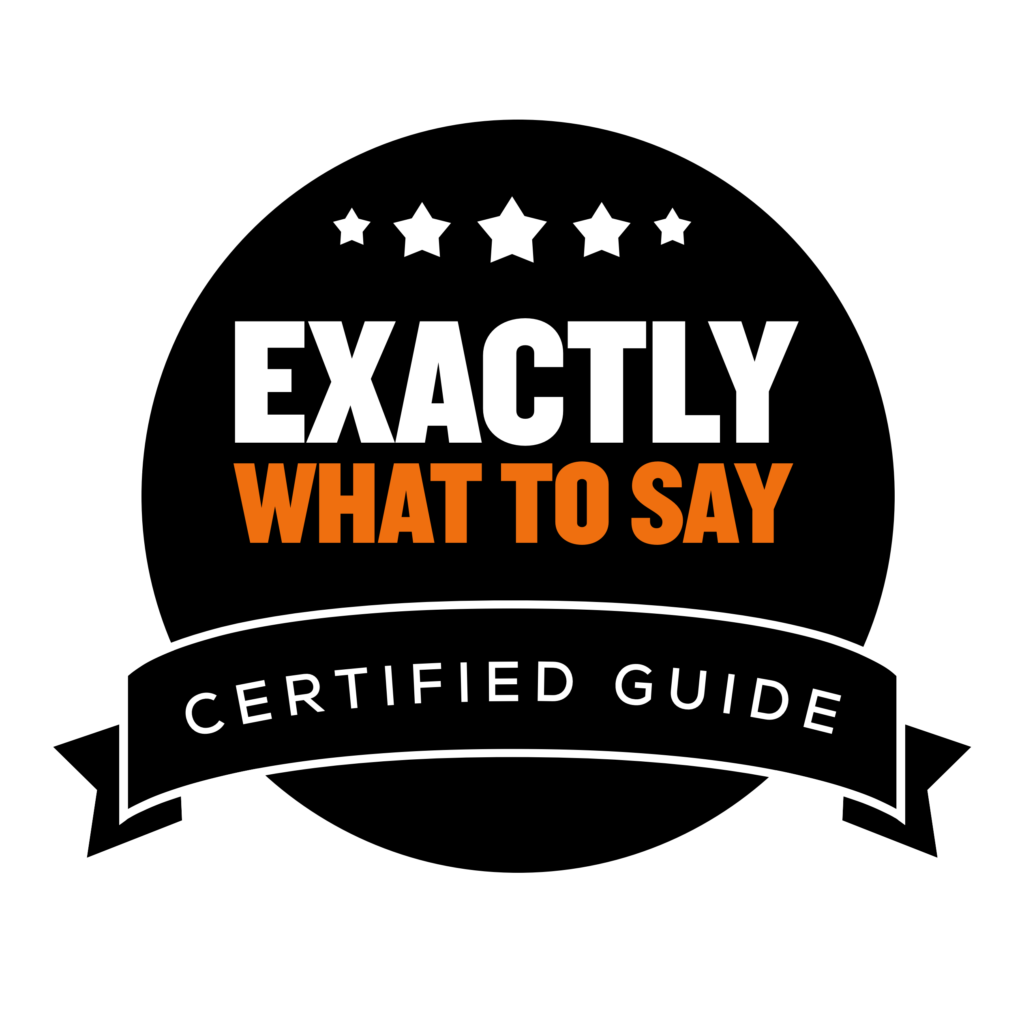If you are a parent of a teenager you probably had a moment, just before your child hit their teens, you thought to yourself…I hope we miss that terrible teens thing that everyone talks about. I know I did.
The truth is, the struggle for independence through an emotionally volatile stage of life is exactly what we should be looking for in our teenagers. As hard as it is, there is much to be learned for them and us through these years.
As parents our job is not to wish this challenging stage of development away but instead to stay connected to our teens so we can be a voice of reason, wisdom, comfort and connection for them.
Dr. Jen Forristal Tweet
So how do we remain a person our teen is willing to talk to about what they are really doing, seeing and experiencing while maintaining healthy boundaries for their safety and for our own well-being when these three goals seem to be in direct conflict with each other?
Step 1
Double down on curiosity
It’s easy to assume that because we have closely watched our children grow up, we know everything about them. It’s an easy assumption to make.
One of the unique characteristics of teenagers though, is that they are actively shaping a new identity… one we may know nothing about. Curiosity is the first step to connecting with your teenager because it removes the barrier of “you have no idea what I’m going though” that your teen is likely to put between you.
Lectures are a great way to prevent your teen from ever bringing up difficult subjects with you again so instead, try asking more questions to fully understand their world.
Start with “Help me understand….” or “What makes you say that?” as options to show your curiosity.
Step 2
Lead with empathy
Once you understand what your teenager is experiencing, extend them some empathy.
Another characteristic of the teen years is an emotional volatility that can even be hard for your child to understand about themselves. Intense frustration, anger, anxiety, jealousy are hard feelings to cope with and letting those feelings out is what you want them to be doing.
Empathizing with how hard the moment is for them helps to eliminate the relationship barrier of “ You don’t get me”. Empathy doesn’t mean that you give in to their demand or try to make the feeling go away… it just means you truly try to remember and connect with what they are feeling so that they feel seen. If the issue feels like something you can’t really “get” try empathizing with the feeling instead of the situation. For example, you might not think that a 10/10 level of frustration is appropriate because that shirt you were hoping to wear that is still in the laundry but I’m sure you can remember what 10/10 frustration feels like.
Step 3
Give them credit
Give your teen some extra credit for their level of intellectual knowledge while simultaneously reducing your expectations of their ability to emotionally regulate.
When teenagers are in an emotionally regulated state they really can seem like adults and it’s easy to want to treat them that way. My kids are excellent at telling me exactly what I want to hear with a level of maturity that rivals any adult I know. However, the third characteristic of the teen brain is that it is not fully wired yet. Some pathways are not firing at the speed of an adult brain and one of these is the connection between the emotional and logical parts of the brain. That means that when big emotions kick in, they can’t be expected to think quickly and rationally in a way they could, like an adult, when they were calm. Teens rarely make bad decisions because they lacked information and rarely need a lecture from us about the facts when things are going wrong.
In addition, teenagers know a lot about their world and it feels particularly awful to be talked down to, especially under stress. This is why we need to increase the credit we give our teens for information and decrease the expectation we have about their emotional regulation. As parents, we often move these to levers together when in conflict instead of treating them as 2 separate factors. This helps to eliminate the relationship barrier of “that won’t work”.
To make this change in the way you are handling situations, simply try saying “Would it help if…” before any proposed solution or suggestion. This gives them credit for being the person who knows best what would help them while still allowing space for you to provide logical options and emotional support.
For example, saying “Would it help if I got your breakfast ready while you look for another shirt option?” or “Would it help if I share an idea I have?” instead of “You have 100 shirts, go find something else to wear!” can help to calm the situation and remind your teen they are in control instead of making them feel like you are not getting them and therefore couldn’t possibly have an idea that could help..
Changing the conversations we are having with our teens to show them we are curious, empathetic and respectful of their level of knowledge are all game changers when it comes to strong, healthy relationships.











